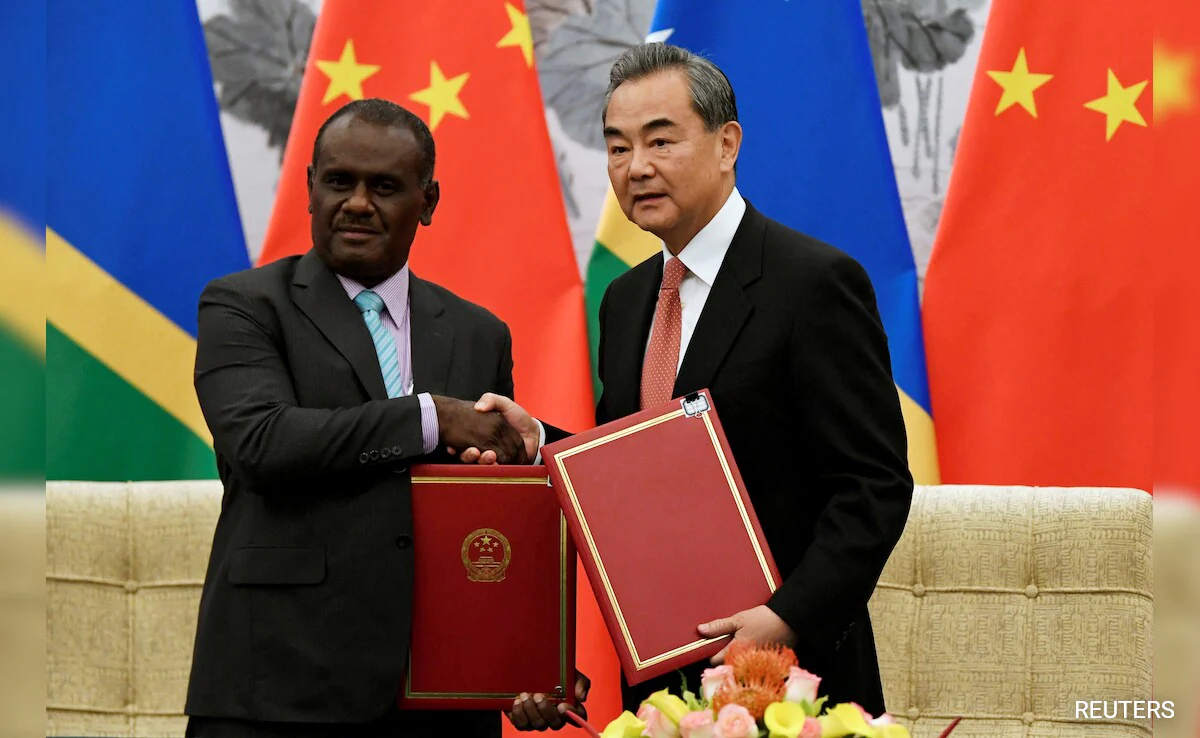In a pivotal election that drew global attention, Solomon Islands’ lawmakers have elected Jeremiah Manele, a China-friendly former foreign minister, as their new prime minister. Manele’s victory, with 31 votes in a secret ballot of 50 MPs, signals a continuation of the archipelago’s recent alignment with Beijing, despite opposition concerns about China’s expanding influence in the Pacific region.
Governor-General David Vunagi announced Manele’s win, marking the culmination of a closely watched national election that carries significant implications for diplomatic relations in the South Pacific. Manele’s opponent, Matthew Wale, a democratic reformer and longstanding opposition leader, secured 18 votes in the parliamentary vote.
The election proceedings were conducted under tight security, with squads of police deployed to prevent any potential unrest, a common occurrence in past elections. Manele, upon his victory, emphasized the peaceful nature of the electoral process, asserting that the nation had demonstrated its commitment to democracy and stability.
As Manele assumes office, observers anticipate a continuation of Solomon Islands’ pro-China stance, albeit with a potentially more diplomatic approach compared to his predecessor, Manasseh Sogavare. Manele, a former career diplomat, previously served as foreign minister in 2019 when the country controversially switched its diplomatic recognition from Taiwan to China, marking a significant shift in its foreign policy.
The election outcome is likely to reverberate not only within the region but also internationally, with stakeholders such as Beijing and Washington closely monitoring developments in the strategically important South Pacific. Manele’s leadership is expected to navigate the delicate balance between maintaining relations with China and addressing concerns about sovereignty and autonomy raised by opposition factions within Solomon Islands.
